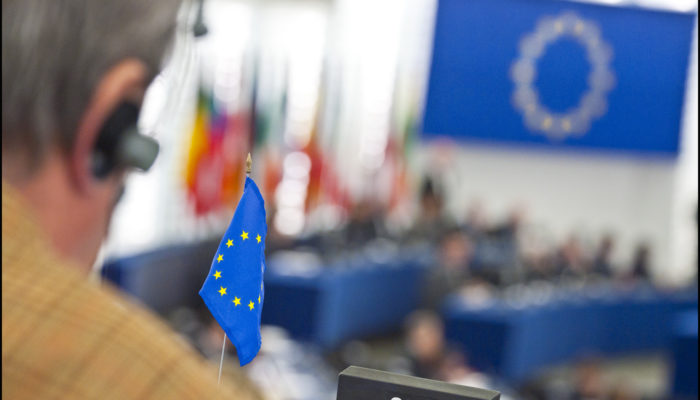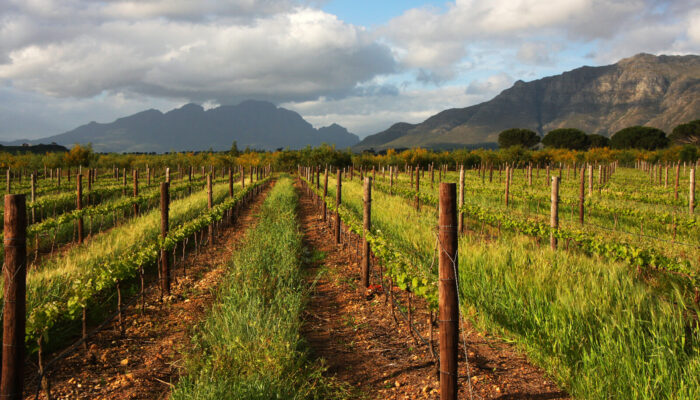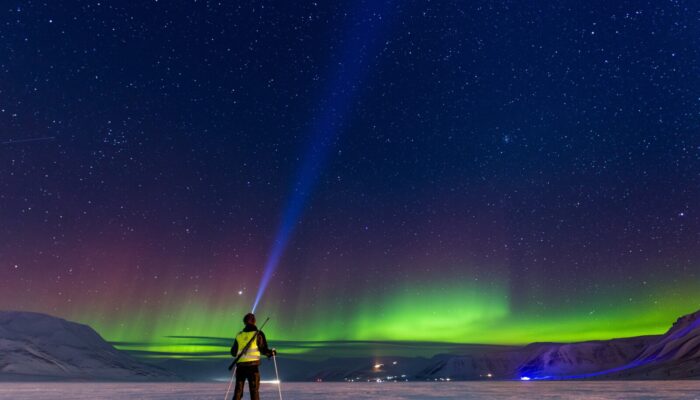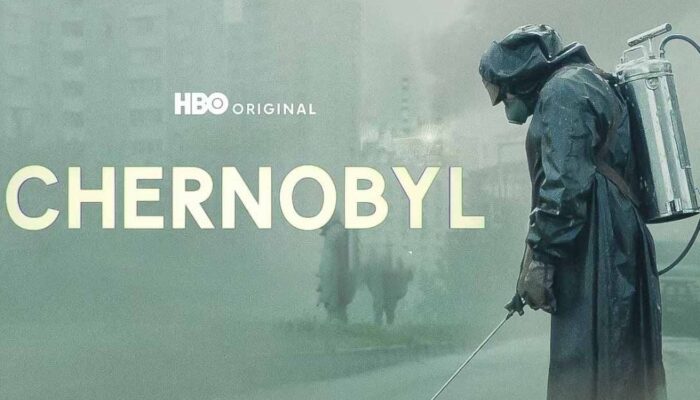Internships and traineeships are a great way to gain a better understanding of the political system and how policymakers use scientific evidence! This month’s GeoPolicy Blog post highlights various European-based opportunities that researchers can apply for. Understanding Europe’s political landscape and the information that policymakers need to make evidence-informed decisions is one of the most ...[Read More]
GeoPolicy: From research to regulation – unpacking the EU Soil Directive
This month’s GeoPolicy Blog post unpacks the Directive on Soil Monitoring and Resilience, it’s impacts from research to regulation and how scientists can get involved with it. It can be challenging for scientists to understand and engage with the European policymaking process. The intricacies and nuances of the legislative process, with its numerous institutions, committees, and political pr ...[Read More]
GeoPolicy: Insights for the Green and Digital Transition
This month’s GeoPolicy Blog post dives into the Science Europe publication, Science–Policy in Action: Insights for the Green and Digital Transition, which aims to contribute to the development of a framework for Science-Policy Interfaces, map the interface activities coordinated by their member organisations, and identify areas where these activities could be improved. Not only does the report pro ...[Read More]
GeoPolicy: Reflecting on science advice as shown in the 2019 Chernobyl series
The HBO and Sky UK television series Chernobyl is a historical drama that explores the events leading up to and following the 1986 Chernobyl nuclear disaster in Pripyat Ukraine. Not only does this series focus on one of the worst nuclear accidents in history, but also on the challenges and successes of one of the lead scientists involved in communicating the scientific evidence to key decision-mak ...[Read More]




